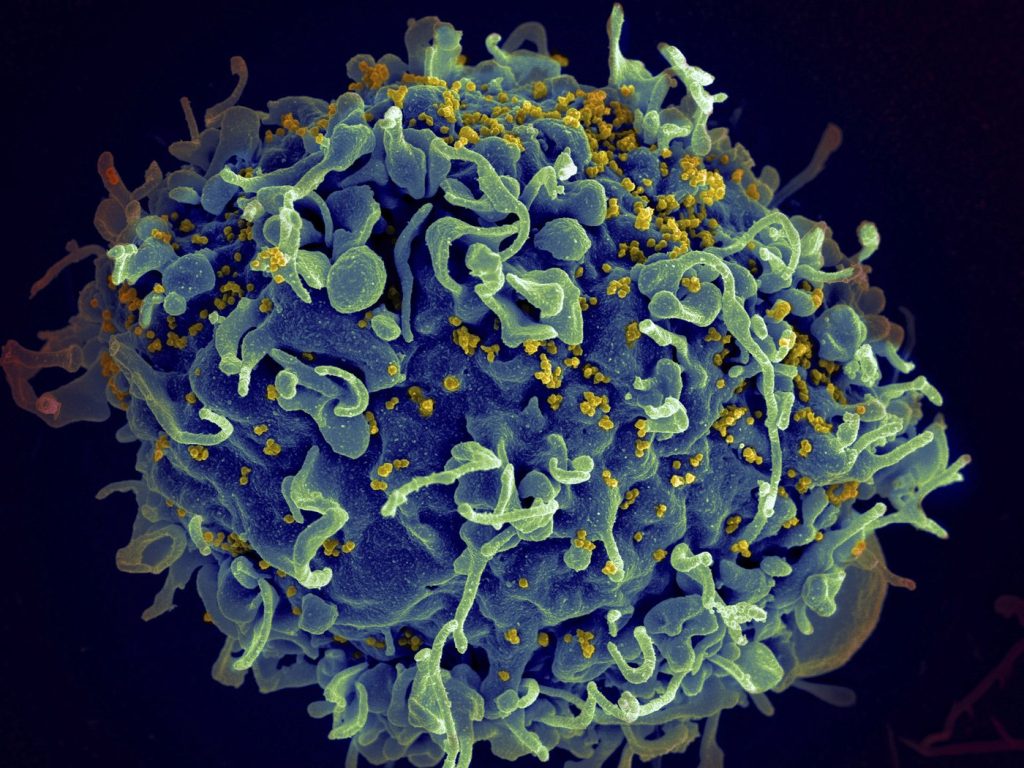LONDON (AP) – Years of American-led investment into AIDS programs have significantly reduced mortality rates related to the disease, marking the lowest levels seen in over three decades. This funding has also provided life-saving medications to vulnerable populations worldwide. However, in the past six months, the abrupt withdrawal of U.S. financial support has triggered a "systemic shock," according to U.N. officials. They warn that without replacement funding, the world could face over 4 million AIDS-related deaths and an additional 6 million new HIV infections by 2029.
UNAIDS highlighted the challenges stemming from the funding cuts, stating that they have destabilized supply chains, led to health facility closures, and left numerous clinics understaffed. Essential prevention programs, HIV testing efforts, and community organizations' activities have all suffered as a result. The report, released on a Thursday, also expressed concerns that other major donors might reduce their support, reversing decades of progress against the AIDS epidemic. This situation is compounded by geopolitical shifts, wars, and climate change jeopardizing multilateral cooperation.
The $4 billion allocated by the United States for the global HIV response for 2025 effectively vanished in January when President Donald Trump ordered a suspension of all foreign aid and initiated plans to dismantle the U.S. AID agency. Andrew Hill, an HIV expert at the University of Liverpool, criticized the lack of advanced warning for the funding cuts, stating that responsible governments would have provided notice to allow other nations to prepare, instead of abruptly closing clinics and leaving many patients stranded in Africa.
The U.S. President's Emergency Plan for AIDS Relief (PEPFAR), launched by President George W. Bush in 2003, represented an unprecedented commitment to combatting HIV/AIDS by any single country. UNAIDS described the program as a "lifeline" for nations with high HIV rates, indicating that it facilitated testing for 84.1 million individuals and treatments for 20.6 million, among other initiatives. In Nigeria, for instance, PEPFAR funded nearly 99.9% of the country’s budget for preventive HIV medicines.
In 2024, there were approximately 630,000 AIDS-related deaths globally, an estimated figure that has remained consistent since 2022 after peaking at around 2 million deaths in 2004. Additionally, the fight against HIV has always faced challenges, with UNAIDS reporting that half of all new infections occur in sub-Saharan Africa, and over 50% of the individuals requiring treatment are located in Africa and Asia.
Tom Ellman from Doctors Without Borders stressed that while some lower-income countries are beginning to finance their own HIV programs, they cannot adequately replace the significant support previously provided by the U.S. He warned that without treatment, patients will become seriously ill, potentially resulting in a drastic increase in infections and deaths.
There are also growing concerns regarding the loss of crucial data. The U.S. previously funded the majority of HIV surveillance in African nations, which included maintaining hospital and electronic records, all of which have been abruptly halted. Dr. Chris Beyrer, director of the Global Health Institute at Duke University, noted that without reliable data on HIV transmission, effectively controlling the epidemic will become exceedingly difficult.
The uncertainty surrounding the funding cuts coincides with promising advancements in HIV prevention. A new injectable treatment from pharmaceutical company Gilead was recently approved by the U.S. Food and Drug Administration, potentially marking a significant step forward in the battle against HIV. However, activists are concerned that Gilead's pricing may render the drug unattainable for many high-need countries. While Gilead has committed to offering generic versions of the drug in 120 poor nations, they have excluded most of Latin America, where HIV rates, despite being comparatively lower, are on the rise.
Advocates like Peter Maybarduk from Public Citizen argue that the withdrawal of U.S. support jeopardizes the fight against AIDS. The current trajectory suggests a retreat from crucial global health battles at a time when there is potential to end AIDS altogether.











